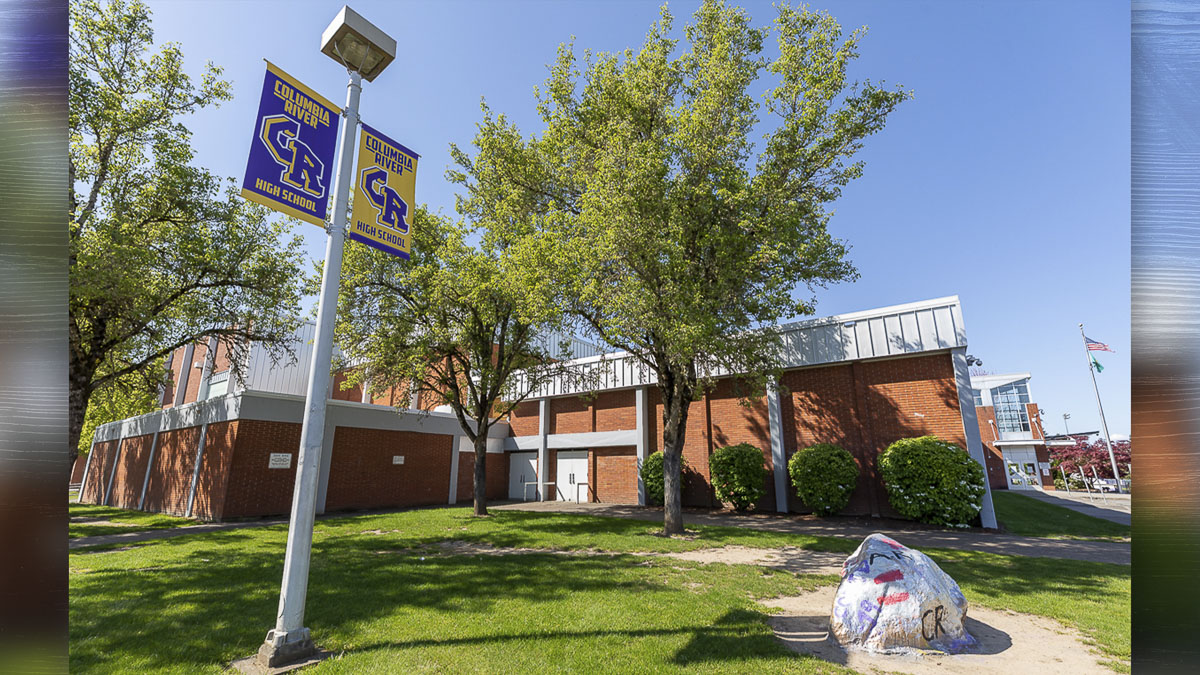
Liv Finne believes that it’s due to low performance, harmful left-wing ideology and growing parent dissatisfaction, the public school system has been losing students
Liv Finne
Washington Policy Center
The legislature is set to start its next scheduled session in January. Here are my thoughts on the issues we can expect and how they will affect Washington public schools.
Due to low performance, harmful left-wing ideology and growing parent dissatisfaction, the public school system has been losing students. The state Caseload Forecast Council projects this downward trend will continue, with lower enrollment expected in the years ahead. The latest forecast projects total public school enrollment at 1,050,362 students in October 2026, a drop of 50,254 students, or 4.5 percent, from 1,100,616 students in October 2019.

The reasons for this drop in enrollment are varied. Governor Inslee’s long COVID school closure from 2020 to 2022 caused the public to lose confidence in public education. After all, parents noticed that private schools kept their doors open to children during the health crisis.
Further, in 2021 the governor and state legislature passed SB 5044, requiring the public schools to adopt the woke ideology of Critical Race Theory (CRT), using the guise of “diversity, equity and inclusion” (DEI) to teach children to hate their country and to view one another through the discriminatory lens of race. Some school administrators used this law to justify cancelling long-time successful programs for advanced and motivated learners. In their racist viewpoint, too many white and Asian students were succeeding in these learning programs.
Seattle Public Schools, the wealthiest district in the state at $25,655 per student in 2024-25, has been hard hit with an enrollment decline from 51,224 students in 2020 to 47,645 in 2024-25, a drop of 3,568 students, or 7 percent. Mistakes by the district’s leadership have made things worse.
In the fall of 2022 Superintendent Brent Jones and the Seattle school board created a $94 million budget shortfall to his $1.25 billion budget by handing out permanent pay raises using temporary federal Covid relief funds. Instead of re-balancing union contracts when the federal money ran out, or cutting bloated central office staff, these leaders threatened to close 20 neighborhood schools to save money.
The immediate public outcry caused Superintendent Jones and the school board to back away from closing schools. Their plan now is to ask the legislature for a $94 million bailout. Incoming governor Bob Ferguson will have to decide whether to grant the request, and shift Seattle’s union pay raises onto taxpayers across the state.
There is a better way, of course. Throwing more public money into a failing, politically-driven system won’t improve public schools, as the experience of other states abundantly shows. More practical and creative measures are needed.
Here are my suggestions for how lawmakers can improve public education in 2025:
- State lawmakers should create a Department of Government Efficiency (DOGE) for Washington, as the incoming Trump Administration is proposing at the federal level. Education bureaucracies are bloated and wasteful, as everyone knows. See, for example, my report on the OFM analysis showing that over the last 12 years school districts have used Washington’s multi- billion dollar increases for K-12 schools to hire more nonteachers and administrators. See also this piece: https://www.washingtonpolicy.org/publications/detail/how-to-save-the-20-seattle-public-schools-that-are-slated-for-closure
- Repeal SB 5044 and end DEI and CRT racist programs in school. Companies like Boeing, Walmart and organizations like Nasdaq are getting rid of their woke policies. A recent study, “Instructing Animosity: How DEI Pedagogy Produces the Hostile Attribution Bias,” from Rutgers University shows these DEI policies foster distrust, unfairness and bad feeling among citizens, and not the promised gains in tolerance and understanding.
- Restore rigor in grading practices and graduation requirements to reverse the lowering of academic standards instituted by the Office of Superintendent of Public Instruction during COVID.
- Repeal state laws that automatically grant lifetime employment to public school teachers, regardless of performance. Students deserve bold and innovative educators in every classroom, not tenured bureaucrats.
- Defund the Schools of Education that consistently fail to equip new teachers with deep instruction in phonics, English, science, math and other essential subjects. Research shows that eight out of Washington’s 12 education schools cheat future teachers out of the core professional skills they need to build student success.
- Repeal harsh credential laws which ban talented professionals with subject matter knowledge, like math and engineering, from teaching in our schools.
- Allow more charter schools. These popular public schools have proven success in benefitting low-income minority children, so they can escape failing and dangerous urban public schools.
- Pass bills to promote education freedom, by letting parents use public funding to access learning alternatives, like online education and quality private schools. Other states have shown that school choice tends to improve all public schools by expanding choice and competition.
Enacting these ideas would help restore the public’s waning confidence in public education and, most importantly, give all children access to a quality education. These reforms would also improve the overall performance of the public school system.
As a result of the recent elections Democrats are again securely in power in Olympia. Their strong position gives them the opening to buck lobbying pressure from powerful unions and try new ideas. Politically they have little to lose, and by taking a fresh approach they might just help Washington’s school children gain access to… a better life.
Liv Finne is the director of the Center for Education at the Washington Policy Center.
Also read:
- Opinion: Revolution or revival?Nancy Churchill argues that Washington state is ground zero for a Marxist-style revolution but says a cultural revival is possible through personal responsibility and the America First movement.
- Letter: ‘It’s said sarcasm is the lowest form of wit’Amboy resident Thomas Schenk criticizes Olympia’s use of “emergency clauses” and other legislative tactics that limit public participation.
- Letter: ‘We’re going to give them some money and a plane ticket, and then we’re going to work with them’Camas resident Anna Miller supports a new structured self-deportation policy, calling it a balanced approach to immigration and economic needs.
- Opinion: What the 2025 legislature tells us about why Washington’s government keeps failingTodd Myers of the Washington Policy Center argues that Washington’s government fails because it resists humility, experimentation, and accountability in its policymaking.
- Letter: Vancouver needs broader leadership than just a teacher’s lensVancouver resident Peter Bracchi urges Mayor Anne McEnerny-Ogle not to seek another term, calling for more diverse and inclusive leadership rooted in broader experiences.










